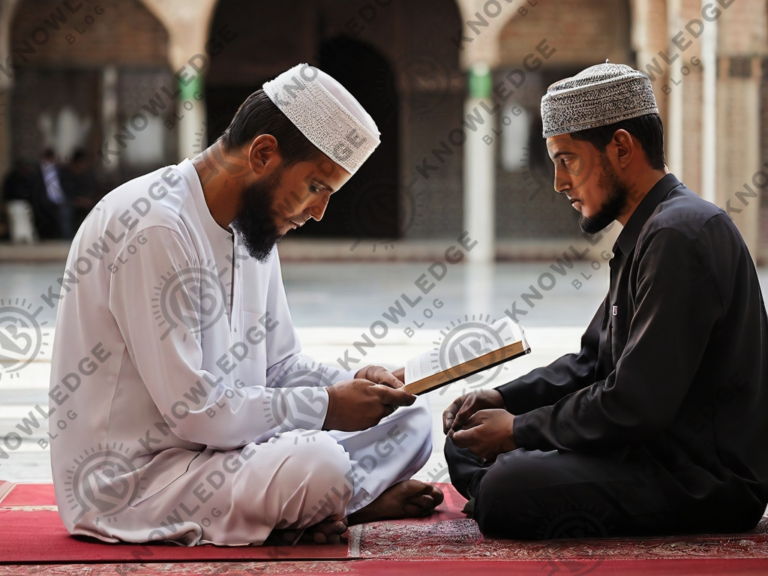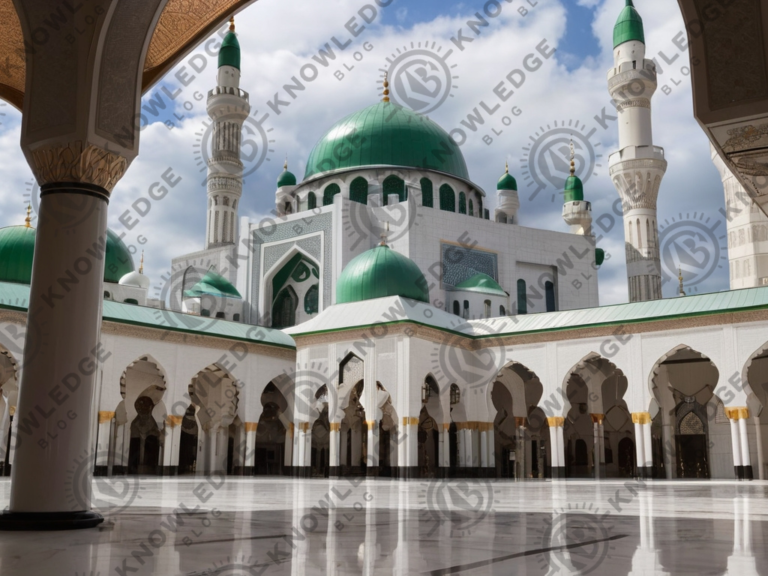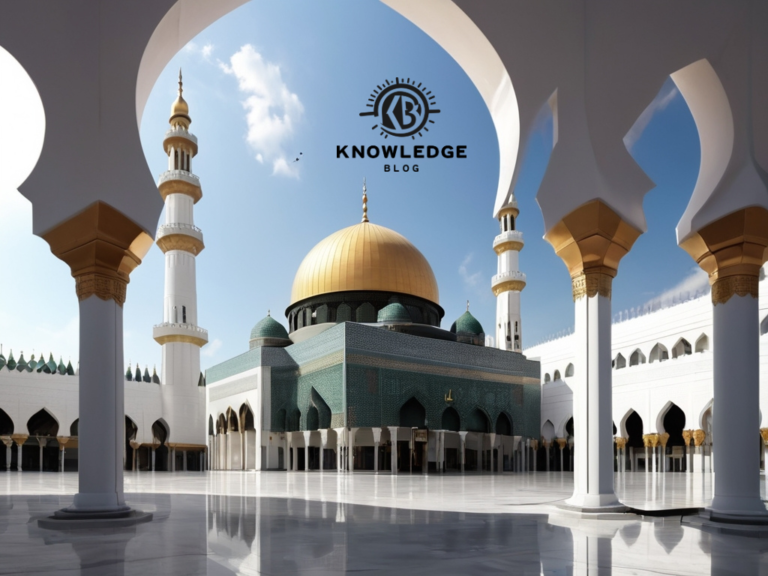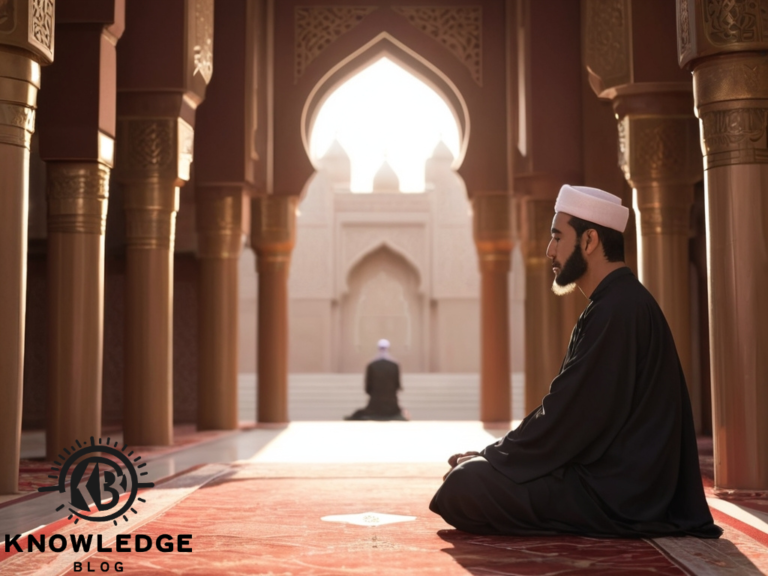What Is the Holy Quran
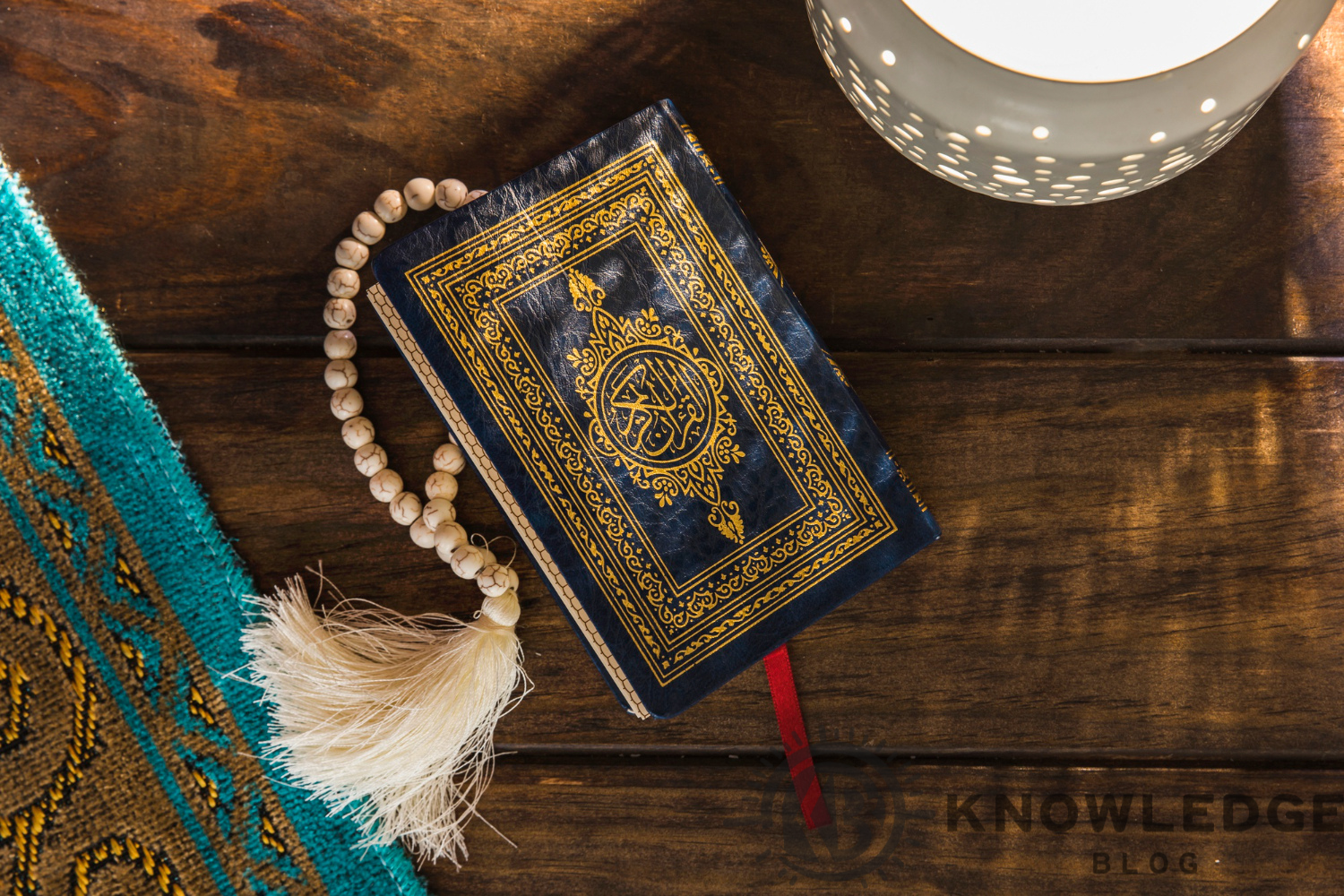
The Holy Quran plays a fundamental role in the daily lives of Muslims, offering divine wisdom and a comprehensive framework for leading a moral and just life.
This article will answer the question what is the holy quran, and give every think you need to know about it.
Table of Contents
ToggleWhat Is the Holy Quran?
The Holy Quran is the holy book in Islam, and it is the word of God that was revealed to His Prophet. It is the greatest masterpiece in classical Arabic literature.
What does the Holy Quran talk about?
The Quran covers a wide range of topics, providing guidance on spiritual, ethical, social, and legal matters.
Here are some of the major themes and topics addressed in the Quran:
Monotheism and the Nature of God
- Oneness of God (Tawhid): The Quran emphasizes the belief in one God, who is omnipotent, omniscient, and merciful.
- Attributes of God: It describes various attributes of God, such as His mercy, justice, wisdom, and power.
Prophethood and Revelation
- Prophets: The Quran tells the stories of many prophets, including Adam, Noah, Abraham, Moses, and Jesus, highlighting their roles in guiding humanity.
- Revelation: It discusses the concept of divine revelation and the importance of following the guidance sent by God through His prophets.
Guidance for Personal Conduct
- Moral and Ethical Principles: The Quran provides guidance on personal behavior, emphasizing honesty, justice, kindness, charity, patience, and humility.
- Worship and Devotion: It outlines the importance of worshiping God through prayer, fasting, charity, and pilgrimage.
Social and Legal Guidelines
- Family and Marriage: The Quran addresses issues related to family life, marriage, divorce, and the rights and responsibilities of family members.
- Justice and Law: It includes guidance on legal matters, such as criminal justice, contracts, and property rights, and emphasizes fairness and justice.
Related Article: What Is the Religion of Islam Based On
Community and Society
- Community Welfare: The Quran encourages the establishment of a just and equitable society, where the rights of the poor, orphans, and marginalized are protected.
- Brotherhood and Solidarity: It promotes the idea of a united Muslim community (ummah) based on mutual support and cooperation.
Eschatology (End Times and the Hereafter)
- Day of Judgment: The Quran describes the events of the Day of Judgment, where every individual will be held accountable for their actions.
- Heaven and Hell: The Quran provides elaborate descriptions of the rewards awaiting the virtuous in Paradise and the punishments awaiting the sinful in Hell.
Creation and the Natural World
- Creation of the Universe: The Quran speaks about the creation of the heavens and the earth, the natural world, and the signs of God’s existence and power in nature.
- Human Creation: It discusses the creation of human beings, their purpose in life, and their responsibility as stewards of the earth.
Interfaith Relations
- Respect for Other Religions: The Quran acknowledges the existence of other faiths and calls for respectful dialogue and coexistence with people of different beliefs.
- Common Heritage: It highlights the shared heritage and common messages of previous scriptures and prophets.
Historical Accounts
- Lessons from History: The Quran recounts historical events and the lives of past communities to teach moral and spiritual lessons.
The Quran serves as a comprehensive guide for Muslims, providing detailed instructions on how to lead a life that aligns with the will of God and is beneficial to humanity. both the individual and society.
When Was the Holy Quran Revealed?
The Quran was revealed over a period of approximately 23 years, beginning in 610 CE and concluding in 632 CE. Throughout these 23 years, the Quran was revealed piecemeal in response to specific events, questions, and situations faced by Muhammad and his followers.
The revelations were memorized and recorded by his companions, and after his death, they were compiled into the single book form that is known today as the Quran.
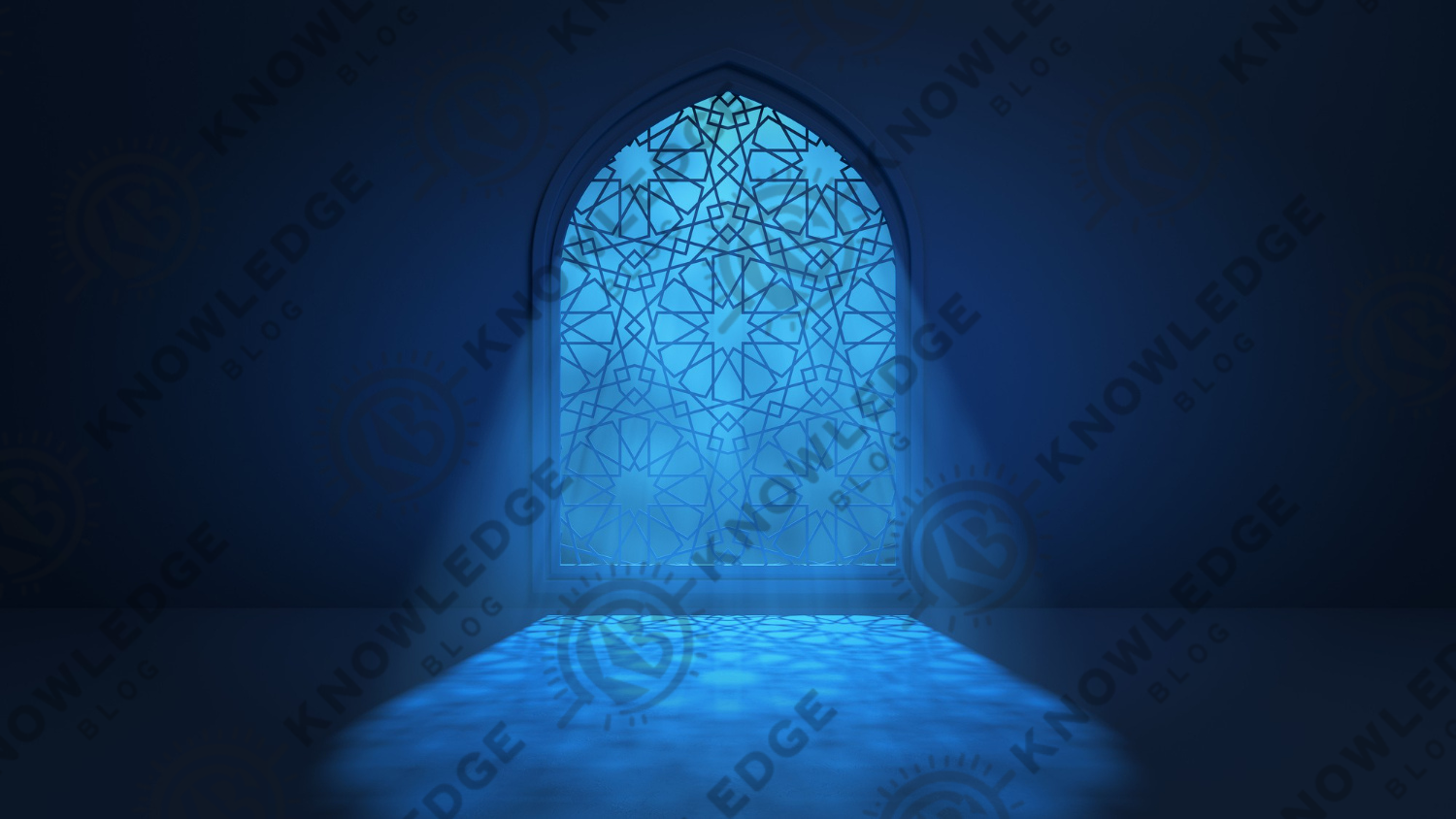
Why Is the Holy Quran Considered a Miracle?
The Quran is considered a miracle in Islam for several reasons, encompassing its linguistic, literary, and prophetic qualities, as well as its impact and preservation.
Here are some key points that highlight why the Quran is viewed as a miraculous text:
Linguistic and Literary Excellence
- Inimitability (I’jaz): The Quran is regarded as a linguistic masterpiece, with a unique style and eloquence that is considered inimitable. Despite challenges over centuries, no one has been able to produce a text that matches its linguistic quality and literary features.
- Complexity and Simplicity: The Quran combines complex themes with clear and accessible language, making it understandable to both the learned and the layperson.
Preservation
- Unaltered Text: the Quran has been preserved in its original form since its revelation. Unlike other religious texts that may have undergone changes or revisions, the Quran is seen as unchanged and intact.
- Memorization (Hifz): The tradition of memorizing the Quran has ensured its preservation. Millions of Muslims, known as Hafiz, have memorized the entire Quran verbatim, maintaining its accuracy and consistency over generations.
Impact and Influence
- Transformation of Society: The Quran brought about a profound transformation in the Arabian Peninsula, promoting social justice, equality, and moral reform. Its teachings continue to influence the lives of over a billion Muslims worldwide.
- Guidance Across Ages: Despite being revealed in the 7th century, the Quran provides guidance that is seen as relevant and applicable to contemporary issues and challenges.
These aspects contribute to the belief in the Quran’s miraculous nature, making it a cornerstone of faith and a profound source of guidance and inspiration for Muslims.
Related Article: What You Need to Learn About Islam
Conclusion
The Quran emphasizes the oneness of God, the importance of worship, moral conduct, and justice, and provides detailed accounts of the prophets, eschatology, and ethical teachings. It is considered a miraculous text due to its unparalleled linguistic and literary excellence, preservation, prophetic insights, and its profound impact on individuals and societies.
The Quran continues to be a vital guide for Muslims, impacting every facet of life and serving as a wellspring of spiritual inspiration and divine wisdom.

